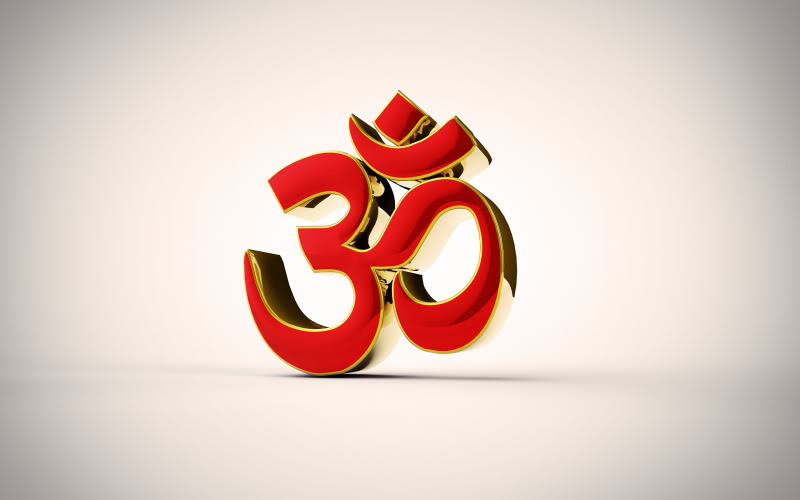Can we term this knowledge as knowledge or is it a belief system (part II)?
In the fourth lecture we further explore into what actually belief systems are and how beliefs are being formed. I have devoted two sessions for this. A thing that has not been experienced either directly through our senses or projected by the mind based on some experiences can never become part of our belief system. For example, as children we must have believed that angels come to us during the nights to bless us. This could have been there had we either read or heard somewhere about the existence of angels and their overseas trips.
Coming to this knowledge can we take it as a belief system? The immediate question that I would ask is, where and when did you experience yourself? If by any chance somebody were to say that they saw themselves in a mall or some other place, then, I am sure the others around would understand as to what is happening. That is a clear indication of a person on the verge of becoming crazy. Even if one were to say that one experienced oneself on a particular day, what does he or she mean? He or she means that there was an experience, may be a profound one no doubt, which was experienced by one. So whatever was experienced was only an object of experience and that one was the subject of experience.
Behind the experience there seems to be a fragmentation of the personality as the ideal ‘me’ and the actual ‘me’. It is a unique experience, but then that is the mind’s way of trying to resolve the inner conflict. Well, still this experience is not a valid experience and more so of the self. As we cannot gain the experience of the Self through the senses, can we say that we can gain the experience of the Self directly through the mind? After all, the mind cannot independently function, without the insights or inputs provided by the senses and second, even thoughts are objects of our knowledge, are they not? Can we not see our thoughts-objectify them- become aware of them? If not how can we try moderating or altering out feelings and impulses at least once in a way? Do we always act impulsively and are there no moments when we make conscious decisions and brush aside our impulses or feelings? That is possible only when we can see or objectify the thoughts.
If we can put all that we discussed so far, we can term the direct experience as perception. This perception is five-fold, viz., aural perception, tactile perception, optical perception, olfactory perception and lingual perception, which are perceptions through ears, skin, eyes, nose and tongue. We cannot gain the knowledge of ourselves through perception, for we are talking about the perceiver. The perceiver is one who perceives. “The perceiver cannot be perceived.” “Who can bring about any modification to the perceiver,” this is what the Brahma Vidya texts declare.
Coming to the second, the indirect experience or the experience by the mind, this can be through two processes, which technically is being called, ‘inference’ and ‘presumption’. Seeing the smoke on the mountain and coming to the conclusion that the mountain is afire, is an example of inference and seeing the road wet and knowing for sure that nobody has watered it, coming to the conclusion that it must have rained is an example for presumption. We cannot gain the experience or knowledge of the Self through inference or presumption, for they depend upon perception. Had we not seen the mountain, smoke, road or wetness, do you think inference or presumption regarding them would have been possible?
So, the knowledge that we have about ourselves is a direct knowledge-a direct experience in our awareness but not an act of delusion or illusion either with or without the mind. It is universal and hence it is not a belief, only it calls for a Master to unfold and once it is unfolded, no one can miss it.
We can rest comfortably with the understanding that this Knowledge, would neither roll away nor subject to modification and the gain is for good, settling accounts forever with ignorance that has been with us for millions of years.

